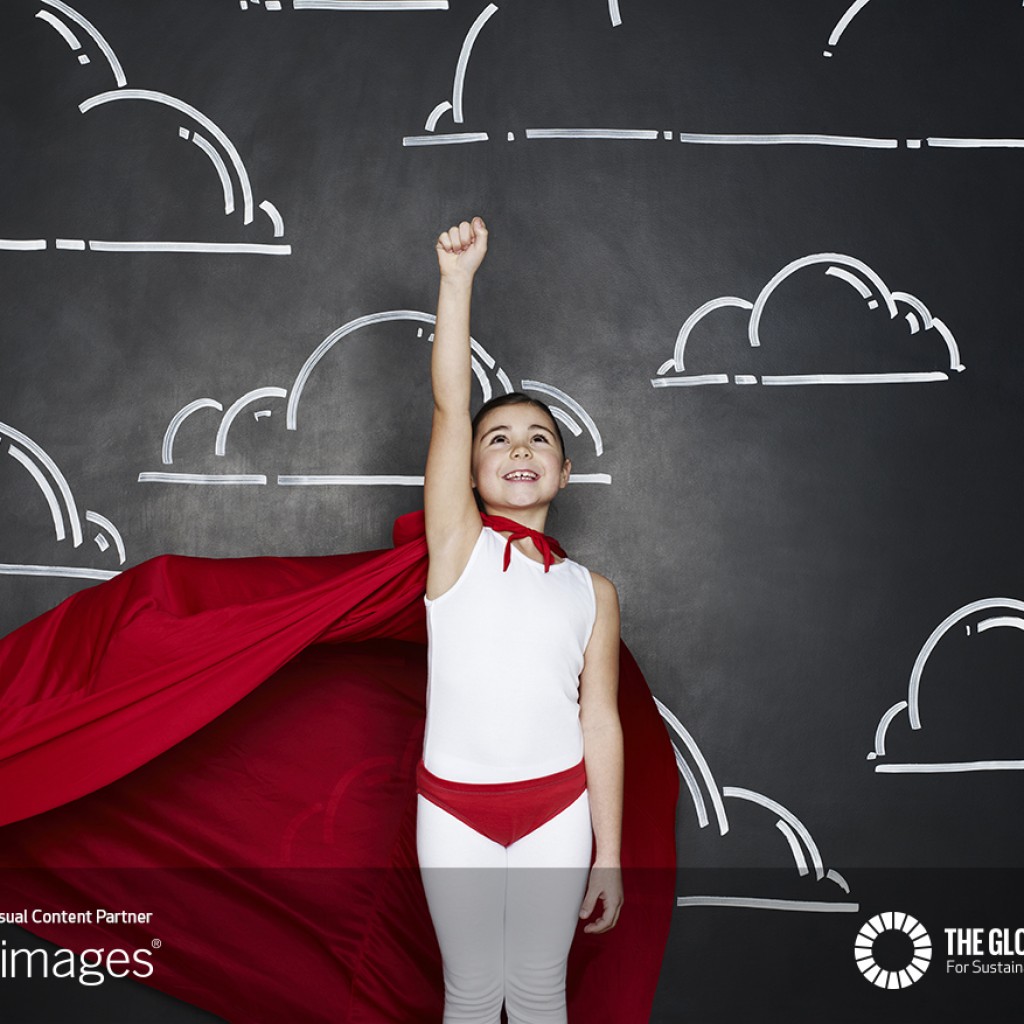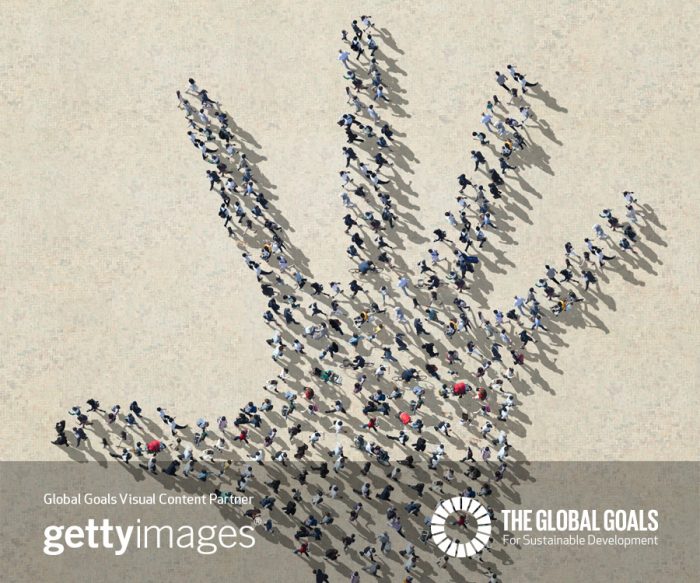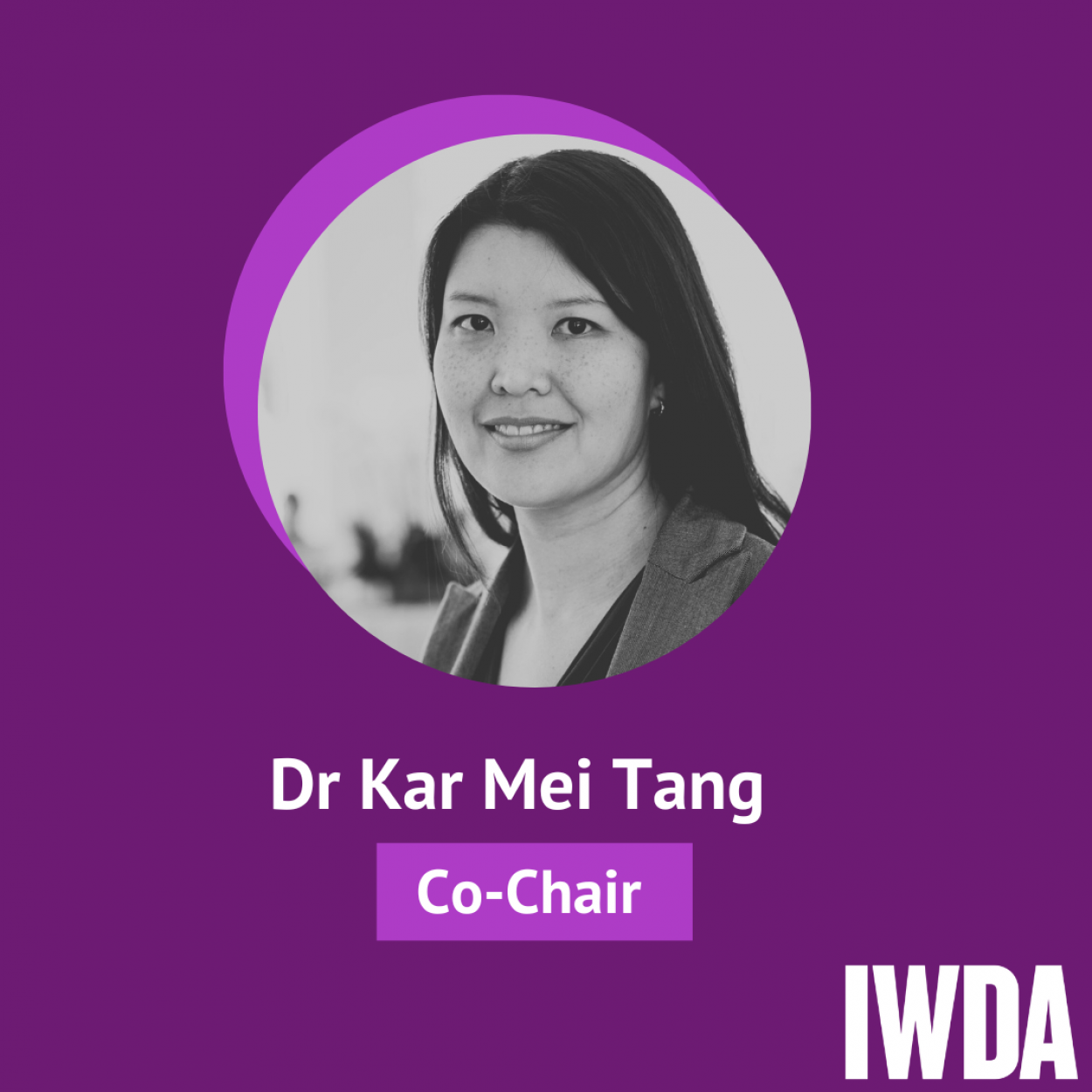
Committing to Change: New Global Goals for Sustainable Development

This weekend we witnessed history. All 193 member states of the United Nations have formally adopted new Global Goals that aim to secure our common future on planet earth. Every country, every citizen has a role in this new global agenda. Adopted on Friday at the Sustainable Development Summit in New York, the Global Goals are the culmination of more than two years of negotiation and unprecedented consultation. Civil society organisations, including women’s rights organisations, played an active role in shaping the new framework. More than 150 world leaders, including Australian Foreign Minister, Julie Bishop, and Environment Minister Greg Hunt, joined the launch of this shared effort to achieve a fairer and more sustainable world.
What is the new global development agenda?
We can be proud of this new development agenda and the Global Goals at its heart. It is a comprehensive, ambitious roadmap for people and planet, reflecting the breadth and scope of the opportunities and challenges ahead. The 17 Global Goals and 169 targets confirm global agreement on key social, economic and environmental priorities. They are aspirational but grounded firmly in evidence and a stocktake of the state of our planet. At the Summit, UN member states agreed that these new Global Goals should frame agendas and policies for the next 15 years. If they do so, and are supported by each of us taking our own action and holding our leaders accountable for their commitments on our behalf, the results will be transformational.
Significantly, the new global agenda recognises the central importance of gender equality and women’s empowerment. This is reflected in a stand-alone Goal on gender equality and women’s empowerment (Goal 5) and in targets across other goals. The ‘One Goal, All Goals’ principle has been at the core of IWDA’s advocacy on this new global agenda. The prioritisation of gender equality is a major achievement for women’s rights organisations and networks, including the Women’s Major Group, and their sustained engagement and advocacy.
How is this any different from previous development agendas?
For the first time, UN member states have agreed on truly global goals, for which low, middle income and rich countries are all accountable. Previously, the Millennium Development Goals (MDGs) were goals for developing countries, with wealthier countries responsible for supporting their progress on 8 key priorities. You can read more about the MDGs here, including how they supported progress on reducing hunger, death from malaria, girls’ educations and more.
This means Australia is also accountable for working towards the Global Goals, and reporting on progress. This opens up new opportunities for collaboration between national and international actors and institutions. Every country and every citizen can contribute. The Australian Council for International Development, and the Australian Council of Social Service are exploring how closer relations between their member can support the achievement of a fairer, more sustainable world.
The new Global Goals build on what has been learnt over the 15 years since the MDGs were agreed, continue to focus on areas where change has been slow, and address new and previously overlooked issues. The increased number of goals and targets recognises that a more comprehensive approach is required to meet current needs without compromising the ability of future generations to meet their needs. Encouragingly, in contrast to the minimal specific commitments on gender equality in the MDGs, the Global Goals cover a broad range of gender equality issues, from eliminating violence against women and girls to expanding women’s economic opportunities and recognising the value of unpaid care.
In adopting this new global agenda, UN member states have pledged to ‘leave no one behind.’ This promise of inclusion has significant implications at a time of profound inequality within and between countries, including in Australia. The ground-breaking new approach to poverty measurement that IWDA has helped to develop, the Individual Deprivation Measure, provides a way to assess who is being left behind, in what ways, and to what extent. It also offers governments and civil society a cost-effective way to check how policies and programs are making a difference.
Why does this matter?
Targets and goals inspire and focus action – what gets measured is more likely to get done. No country wants to be at the bottom of global rankings. We saw this with the MDGs, with some real progress for women and girls in the few areas that were prioritised including education, national political participation and maternal health.
Some have argued that 17 goals and 169 targets is too many. But leaders and citizens alike have agreed: addressing the root causes of poverty, discrimination, injustice and environmental degradation requires action on many fronts. We cannot pick and choose when it comes to the survival of our planet.
Our work is just beginning
Now is a time for celebrating. It marks the conclusion of one profoundly important process – and the start of another. The success of the Global Goals depends on the will to turn commitment to a better future into action, to finance change, to assess progress, to be accountable and to tackle underlying issues, such as the imbalances in the current global economic system. All of us – individuals, civil society organisations, leaders everywhere, have a role to play in ensuring the promises made today are realised.
Gender equality and the empowerment of women and girls is critical to the success of the new agenda. IWDA’ will use our involvement in regional and global women’s rights networks and Australia-focussed alliances to support stronger collaboration between these movements. We need to work together to hold all nations to account for commitments to advance gender equality at home and globally – including our own. We will also track the finalisation of indicators to measure progress on the Global Goals. These must be feasible and relevant yet ambitious and transformative.
A moment for hope
The real test for the Global Goals will be their implementation. To make most difference, everyone needs to know about them. We need to talk about the Global Goals in our homes, schools, workplaces and communities, so that they become real, tangible priorities. The UN has developed resources to help, including for schools. To achieve the world we hope for, gender equality and women’s empowerment must be at the heart of our efforts.
The persistence of gender inequality and violations of women’s rights continues to shatter lives and hold back human progress. The Global Goals are an opportunity for governments and people all over the world to achieve real change. We must not let it pass us by.




